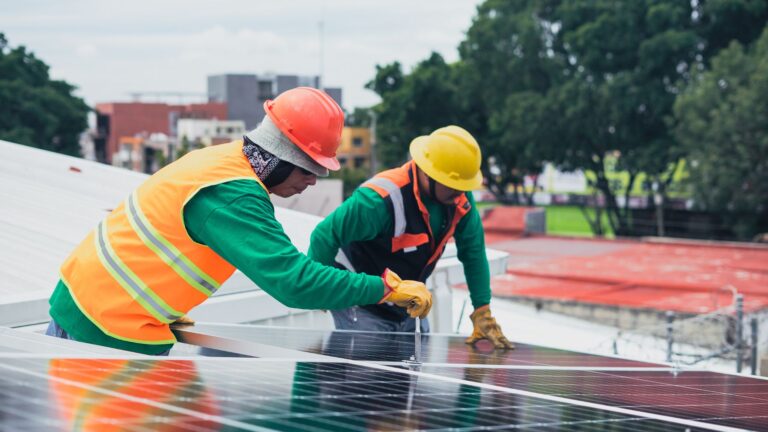Expansion of renewable energies should appreciably improve the health status of the 700,000 US workers employed in the energy sector, according to a commentary by Medical College of Wisconsin researchers, in Milwaukee. Their review is published in the August 19, 2009, issue of JAMA, the Journal of the American Medical Association.
Steven Sumner, M.D., who completed the work while a medical student, along with Peter Layde, M.D., professor of population health and co-director of the Injury Research Center at the Medical College, examined occupational health risks to workers in renewable energy industries compared to fossil fuel industries. Risk of workplace injury and death among energy workers is a hidden cost of energy production, known as an externality of energy. Externalities of energy production include a whole host of problems from damage to the general environment to adverse effects on human health caused by pollution to injury and death among workers in the energy sector.


